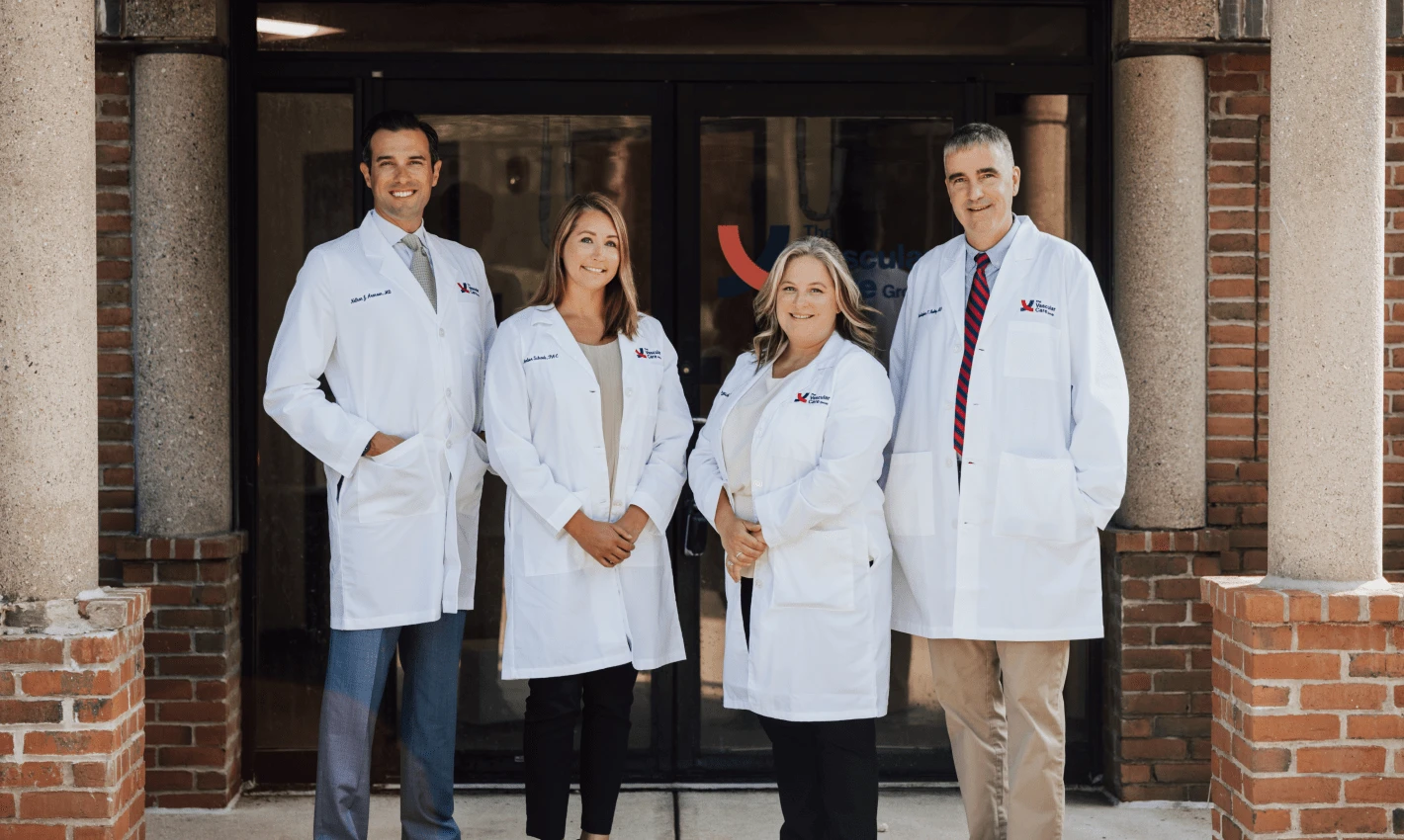Complete Dialysis Access Services
The Vascular Care Group’s dialysis service is a multi-center practice that specializes in all aspects of managing access for dialysis patients. We focus on the needs of dialysis patients and provide up-to-date, innovative, and emergent access treatments for dialysis patients throughout New England.
We understand how difficult it can be to make an appointment when patients have complications with their access. Therefore, we work on a same-day, next-day service model so all issues are addressed in an expedient manner.
About Dialysis Access
Your Dialysis Access Team
Our dialysis access service’s ability to provide prompt, state-of-the-art care is a direct result of the dedication of our dialysis access team. We work closely with your nephrologist and other medical providers to coordinate care from the first office visit to dialysis creation, to the surveillance and maintenance of your dialysis access.
What is Dialysis Access?
Dialysis access allows a patient to be connected to a dialysis machine. During dialysis, approximately 400ml of blood per minute can be transferred from the patient to the machine, which adjusts fluids and electrolytes, removes toxins, and returns “purified blood” back to the body. Dialysis is necessary to clean the blood when the kidneys have failed.
Why Choose The Vascular Care Group?
Only Board-certified Vascular Surgeons:
- Perform all evaluation and treatment options, including minimally invasive and surgical procedures
- Are able to deal with both simple, complex, and emergent situations in the office or the hospital setting
Continuity of Care
From initial consultation and creation to maintenance, your patients will see the same providers.
Fully Equipped Endovascular Treatment Lab
Every office offers a fully equipped endovascular treatment lab allowing us to treat your patients in the office closest to their home.

24/7 Access
Types of Dialysis
Arteriovenous Fistula
An arteriovenous (AV) fistula is created when an artery is connected directly to a vein, often in the forearm. This allows blood to flow into the vein and causes the vein to grow larger and stronger, making repeated needle insertions for dialysis possible. Fistulas have proven to be beneficial for long-term dialysis because they can last longer and are less likely to become infected or clotted.
Ellipsys AVF
Ellipsys is a new, less-invasive alternative to the traditional creation of AV fistulas and is designed to be used by a physician under local or regional anesthesia during the 30-minute procedure in the outpatient setting.
Catheter
If your kidney disease has progressed quickly, you may need to have a venous catheter as a temporary access. A catheter is a tube that is inserted into a vein in your neck. Catheters are not ideal for permanent access, but they can be used temporarily while a permanent access is created and develops.
Fistulogram
A fistulogram is a special x-ray procedure that identifies abnormalities in the blood flow through your dialysis access that may be interfering with your dialysis treatment.
This minimally invasive procedure which we do in our office can detect problems with your fistula or graft. The fistulogram allows us to detect and treat issues with your access.